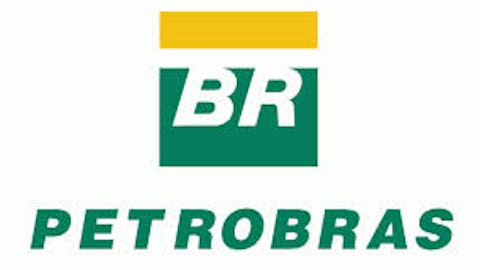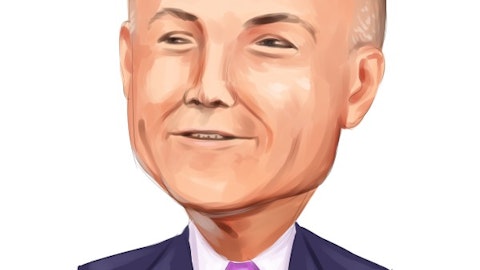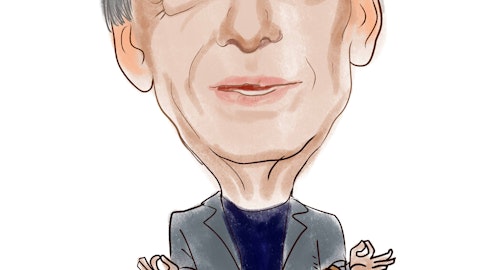The world of governance is typically associated with male figures, but the most powerful women in politics demonstrate that gender isn’t a barrier anymore when it comes to ruling the world. While each of the ladies on this list has her own personal style and image, they all share one common characteristic: they have leadership skills. Furthermore, they’re not defined by their surroundings, as you have female politicians in every continent of the world today.
If you’re interested in politics from the male perspective, check out our previous article on the 10 most important South American leaders for a little tour through the continents history. However, for now let’s focus on the present and the recent shift in female prominence on the political landscape. These are the most powerful women in politics.
5. Sheikh Hasina Wajed
At 62 years of age, Sheikh Hasina Wajed could retire knowing she was an exemplary force of nature in the male dominated political field of Bangladesh. She gained her first sense of political power when she was elected the President of the Bangladesh Awami League in 1981 and in 1996 reached the position of Prime Minister for the first time. Although Sheikh has suffered the loss of 17 family members through assassinations and other death causes, she remained on top of her country’s concerns and was therefore elected Prime Minister once again in 2009. Her participation in the Council of Women World Leaders also weighs in her favour, since the organization encourages female leaders to actively tackle issues regarding women’s rights.
4. Ellen Johnson Sirleaf
The current President of Liberia can certainly be considered a feminist role model for politicians all around the world. After completing her education at the University of Wisconsin and Harvard, Ellen Johnson Sirleaf took on the responsibility of becoming Liberia’s Minister of Finance in the late 1970s. However, what truly catapulted into the sphere of politics most powerful women was her reception of the Nobel Peace Prize, which was awarded to her in 2011 for her non-violent struggle for women’s safety and rights.
3. Cristina Fernández de Kirchner
While South America holds a history of male dictatorships, Cristina Fernández de Kirchner is the first woman to have broken the cycle of male dominance in the continent. Elected President in 2007, the widow of former President Néstor Kirchner had a solid knowledge of the country’s political landscape before earning her current position. And although she hasn’t always enjoyed the most positive headlines in the news, Cristina’s advocacy for human rights, and social awareness make her one of the most powerful women in politics.
2. Dilma Rousseff
As the first woman to be President in Brazil, Dilma Vana Rousseff sure had a lot to prove, not only in terms of her political skills, but also in terms of her determination to lead to the country into the best possible future. Stemming from an upper middle class family in Belo Horizonte, Dilma studied economics, but was firmly involved in left-wing and Marxist urban guerrilla groups as a young adult, due to her socialist conviction. However, she put her rebellious nature to good use and in 2005 became the first female Chief of Staff to Lula da Silva, before taking on the Presidency herself.
1. Angela Merkel
Angela Dorothea Merkel is the perfect example of how a change of plans can have an enormous impact on the course of your life. The German Chancellor and Chairwoman of the Christian Democratic Union (CDU) was focused on completing her doctorate degree in physics, when she decided it was time to enter the realm of politics. In December 1990, Merkel earned her first seat in the Bundestag, but quickly escalated to the position of Cabinet minister. Today, she’s without a doubt the number one on our list of the most powerful women in politics, given her super leadership of Germany and her diplomatic attitude regarding international affairs.





